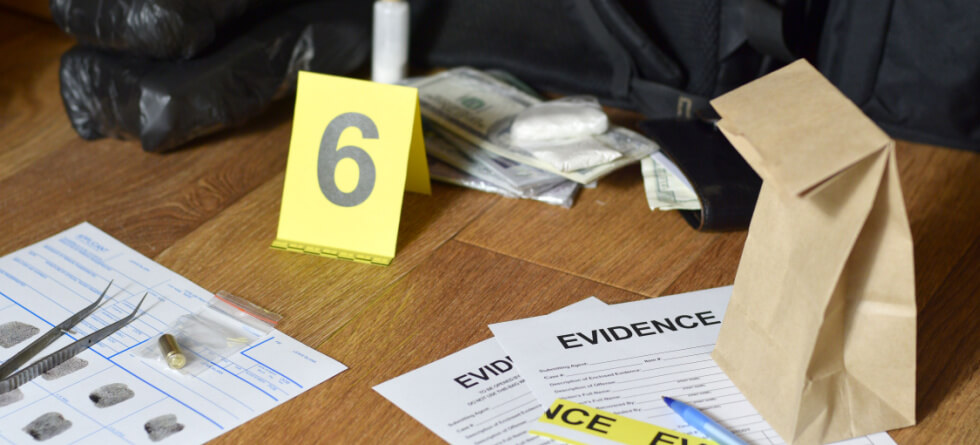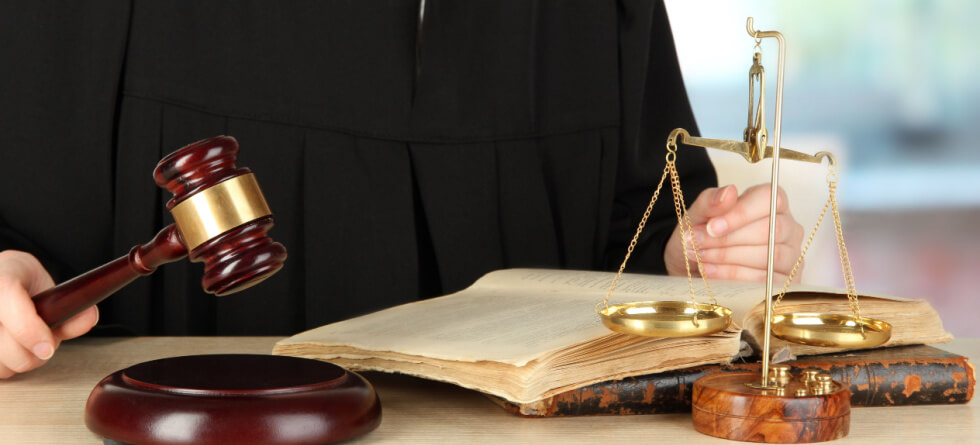Witnesses can be considered evidence, but they are not the only form. Other types of evidence may include physical evidence, expert testimony, or documents.
However, it’s important to note that witness testimony can be challenging and may not always be reliable or accurate. Witnesses may be biased or unable to see or hear everything that happened. In some cases, witnesses may even lie or intentionally mislead the court.
As a result, witness testimony is typically evaluated along with other forms of evidence, such as physical or documentary, to build a complete picture of what happened in a case. The credibility and reliability of witnesses are often evaluated by the judge or jury, who will weigh the evidence presented and decide about guilt or innocence.
While witness testimony can be an essential form of evidence in a legal case, it is just one piece of the puzzle and should be evaluated along with other evidence to determine the truth of what happened.




